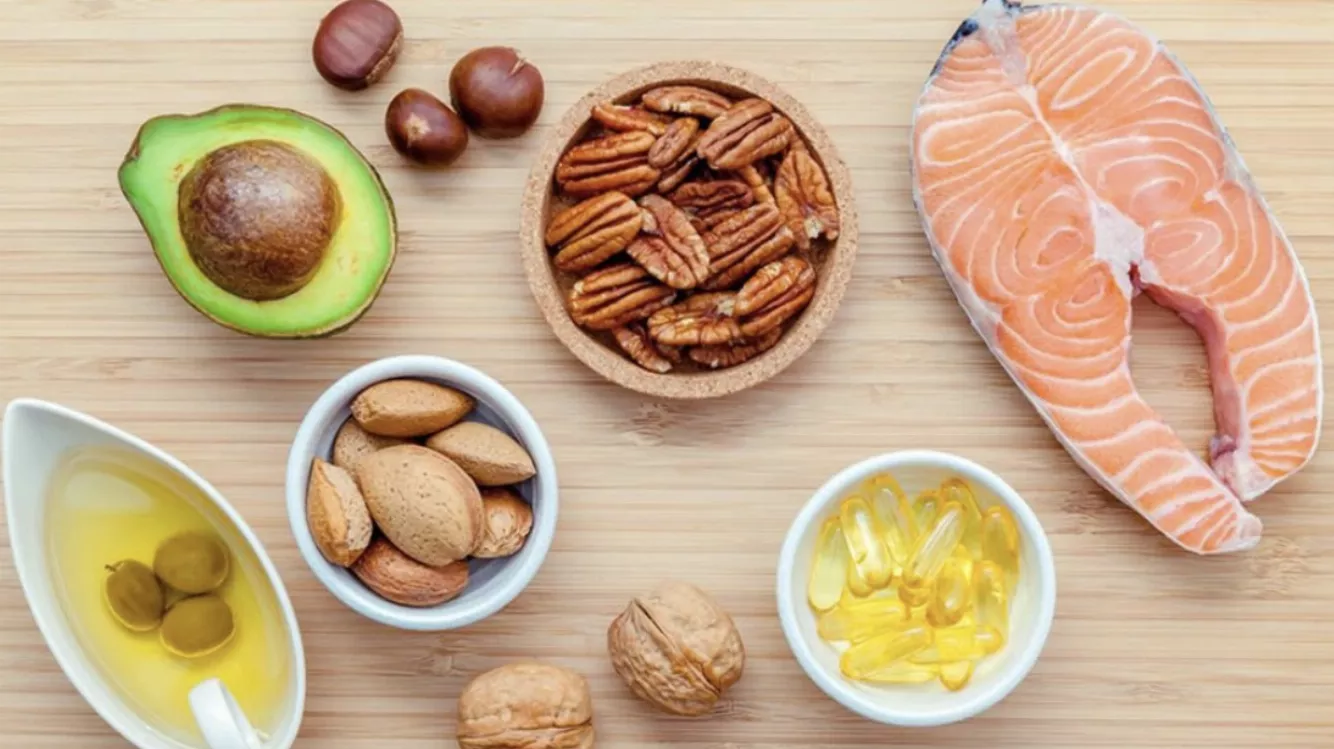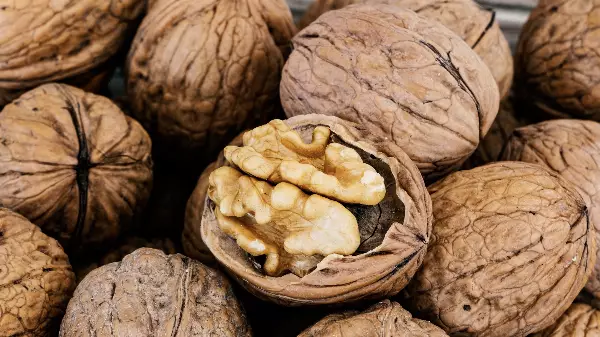Not All Fat Is Bad
We think that all fats are bad. But that is not the truth. Including healthy fats to your diet can boost your wellbeing, better your mood and help you lose weight.
What are the 3 categories of fats?
To distinguish between bad and good fats, we first need to describe the basic types of fat.
There are 3 main categories of fats, as it follows:
- Monounsaturated fats or MUFAs – diets rich in monosaturated fats offer a lot of health benefits and promote better mineral absorption;
- Polyunsaturated fats or PUFAs – those complement MUFAs health benefits;
- Saturated fats or SAFTAs – which are the famous unhealthy fats that can increase cholesterol levels and the risk of heart attacks.
Why are MUFAs and PUFAs good fats?
Mainly, you can think of good fats as the oil that wanders freely through our arteries, while the bad fats clog the arteries and prevent proper blood flow. Our bodies can produce almost all types of fat, except from linoleic acids, that need to be acquired from healthy diets.
Olive or Canola oils represent great sources of both MUFAs and PUFAs. Salmon, almonds, nuts or sunflower seeds provide the necessary supplement of omega 3 and omega 6 fats. Omegas are extremely beneficial for our body.
Saturated fats represent the unhealthy fats that need to be removed from diets. Mostly, these are found in processed foods, fried dishes, fried snacks, meat or poultry. Avoiding such foods can noticeably improve your health and prevent several health issues such as heart problems or brain diseases.
Benefits of eating healthy fats
So, with these facts in mind, let’s see what are the actual benefits of eating fats.
- Fat represents one of the best energy sources for our bodies. They feed us 9 calories per gram, while carbohydrates or proteins only offer 4 calories per gram.
- Fats encourage healthy cells and aid in their development. Healthy fats are a vital part of cell membrane. Besides this, they support the structural component of myelin, a fatty sheet responsible for protecting nerve fibres.
- Fats boost skin health. The main signal of fatty acid deficiency is extremely dry skin.
- Essential fatty acids like omega 3 prevent blood clots. Fats are a great aid in preventing heart disease or strokes. Also, they support brain health and cognition.
- Fatty acids transmit information to white blood cells and aid them in destroying harmful bacteria.
What to add to your diet to get the benefits from fats
And if you are wondering how to design a healthy diet with fats, here is our suggestion. First of all, you should remove every pre processed foods or baked goods from your meals. Those feature extremely high levels of trans fats. Also, it might be a great idea to diminish the consumption of meat, fat milk and margarine.
If you want to get all the benefits from healthy fats, add to your meal plan foods that are rich in omega 3 fatty acids:
- Oily fish like tuna, herring, trout salmon, mackerel or sardines;
- Nuts, walnuts, almonds, flaxseeds or sunflower seeds;
- Olive and canola oil, which are rich in omega 3 fatty acids and antioxidants;
- Green leafy vegetables, like brussels sprouts, kale, spinach or cauliflower.
These healthy fats can be found in almost everything from eggs to peanut butter. Nutritionists recommend adding daily to your diet seafood rich in omega 3, along with dairy, grains and fresh vegetables. In this way, your health will be bettered  , while several bodily functions will be improved.
, while several bodily functions will be improved.










0